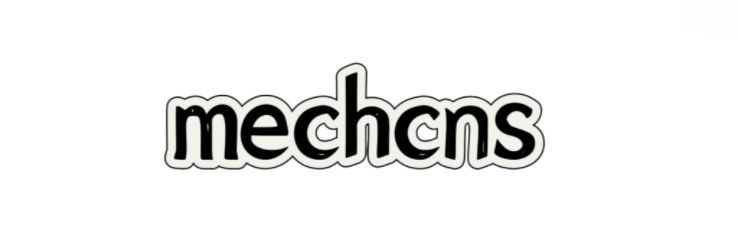Hydraulic vs. Mechanical: Which Power Press Machine Reigns Supreme?
Nov. 08, 2024
When it comes to the world of industrial manufacturing, the choice between hydraulic and mechanical power press machines is significant. Each type of machine has its own set of advantages and disadvantages that can impact production efficiency, precision, and overall cost. In this article, we will analyze key statistics and factors that differentiate hydraulic from mechanical power press machines, ultimately helping industry professionals and businesses make informed decisions.
Understanding Hydraulic Power Press Machines
Hydraulic power press machines utilize hydraulic fluid to transfer power. These machines are often preferred for their ability to exert immense force and adaptability in various applications. According to the Statista, the global hydraulic press machine market was valued at approximately $4.2 billion in 2021 and is projected to grow to $5.4 billion by 2026, reflecting a compound annual growth rate (CAGR) of 5.4%.
Advantages of Hydraulic Press
- Higher Force Capacity: Hydraulic presses can produce up to 200 tons of force, making them ideal for heavy-duty applications.
- Flexibility: They can easily adapt to complex shapes and sizes due to variable stroke lengths.
- Better Control: Hydraulic systems allow for smoother control of the pressing operation, resulting in improved quality.
However, the initial investment for hydraulic machines can be higher compared to mechanical ones. According to Engineering ToolBox, maintenance costs can also rise due to the complexity and the need for hydraulic fluid replacements.
Understanding Mechanical Power Press Machines
Mechanical power press machines operate through mechanical linkages and are generally simpler in design compared to hydraulic systems. Their market share remains substantial, with approximately 39% of the global press machine market attributed to mechanical presses in 2021. This figure demonstrates their continued relevance in various manufacturing sectors.
Advantages of Mechanical Press
- Cost-Effectiveness: Mechanical presses tend to have lower initial purchase and maintenance costs.
- Speed: They operate at faster cycle times, which can improve overall productivity.
- Durability: Mechanical systems often require less maintenance and can withstand rough working conditions.
However, they have limitations in force capacity (typically up to 100 tons) and flexibility compared to hydraulic presses, making them less ideal for heavy-duty or intricate jobs.
Further reading:Stamping 2D and 3d manipulators
Statistical Comparison: Hydraulic vs. Mechanical
| Feature | Hydraulic Press | Mechanical Press |
|---|---|---|
| Force Capacity | Up to 200 tons | Up to 100 tons |
| Cycle Time | Longer | Shorter |
| Cost | Higher Initial Cost | Lower Initial Cost |
| Maintenance | Requires More Maintenance | Less Maintenance Needed |
Conclusion: Which Reigns Supreme?
The question of whether hydraulic or mechanical power press machines reign supreme does not have a straightforward answer. It ultimately depends on the specific needs and circumstances of the operation.
For companies prioritizing power, flexibility, and precision in handling intricate designs, hydraulic presses are the dominant choice. Conversely, businesses emphasizing speed, cost-effectiveness, and simpler operations may find mechanical presses more suitable.
Careful consideration of the factors highlighted above, along with the growing industry statistics, will guide manufacturers in making the right decision. As the industry evolves, staying informed about trends and technological advances in both categories will be crucial for maintaining competitive advantages.
If you want to learn more, please visit our website types of power press machine, stamping die maintenance, press machine for automotive.
97
0
0
All Comments (0)
Previous: Metal Stamping Press vs. Traditional Methods: Which Wins?
Next: Key Questions to Ask When Ordering a New CNC Milling Machine
If you are interested in sending in a Guest Blogger Submission,welcome to write for us!


Comments